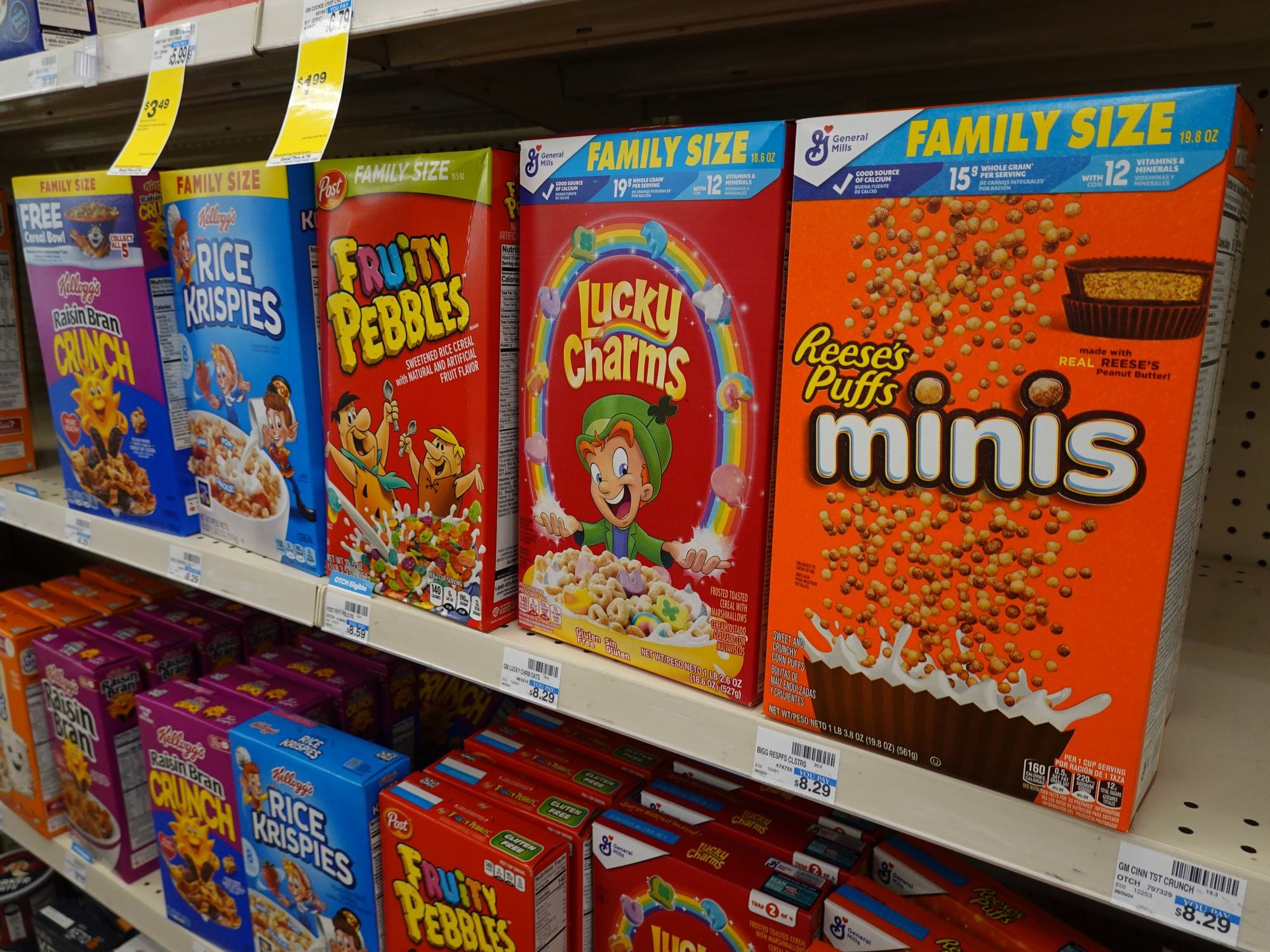#ultraprocessed-foods
#ultraprocessed-foods
[ follow ]
#public-health #dietary-guidelines #lawsuit #saturated-fat #chronic-disease #school-nutrition #california-law
fromArs Technica
1 month agoAvoiding ultraprocessed foods supports healthier aging
We compared how participants fared while eating their habitual diets with how they responded to the two diets that were low in ultraprocessed foods. During the periods when participants ate fewer ultraprocessed foods, they naturally consumed fewer calories and lost weight, including total and abdominal body fat. Beyond weight loss, they also showed meaningful improvements in insulin sensitivity, healthier cholesterol levels, fewer signs of inflammation, and favorable changes in hormones that help regulate appetite and metabolism.
Food & drink
fromwww.scientificamerican.com
1 month agoRFK, Jr., Upsets Food Pyramid, Urging Americans to Eat More Meat
On Wednesday Secretary of Health and Human Services Robert F. Kennedy, Jr., and the U.S. Department of Agriculture released new official guidance that effectively overturns the food pyramid. The recommendations encourage Americans to eat real food and to consume more saturated-fat-rich foods such as red meat and whole-fat dairy. The dietary guidelines inform U.S. nutrition policy, shaping dozens of federal feeding programs, including meals for the military and school lunches.
Public health
Public health
fromABC7 San Francisco
2 months agoSan Francisco files 1st-of-its-kind lawsuit against largest ultraprocessed food manufacturers
San Francisco sued major ultraprocessed food manufacturers, alleging they engineered addictive, unhealthy products causing chronic diseases and imposing public healthcare costs.
Food & drink
fromBuzzFeed
3 months agoNutritionists Are Sharing The Best (And Worst) Breakfast Cereals For Your Health And Some Of These Might Surprise You
The NOVA classification's broad 'ultraprocessed' label misclassifies nutritionally valuable whole-grain cereals and conflates processing level with food healthiness.
fromwww.mercurynews.com
3 months agoOpinion: Our obsession with protein is getting out of hand
Starbucks has declared itself all in on protein. Beginning this month, customers can order Protein Lattes and Protein Matchas, or add Protein Cold Foam to their cold brews and Frappuccinos, turning a daily caffeine ritual into something resembling a workout supplement. This isn't simply about menu items. It signals how deeply the protein craze has embedded itself into American culture. Across the grocery aisle, protein has become the nutrient of the moment, highlighted with the same zeal once reserved for fat-free labels.
Food & drink
fromNatural Health News
4 months agoFat in Fast Food Rapidly Weakens Your Gut's Defenses
Ultraprocessed foods are pervasive in the modern food system. It's estimated that around 60% to 70% of an average American adult's daily calories consist of these products. While convenient and tasty, chronic consumption eventually wrecks your health, and the first place that's affected is your gut. Eating ultraprocessed foods weakens your intestinal lining, allowing harmful bacteria to thrive and creating systemic inflammation. Moreover, your gut's balance shifts dramatically, crowding out beneficial microbes that normally keep your gut healthy
Alternative medicine
fromNatural Health News
5 months agoHow Eating 300 Grams of Ultraprocessed Food a Day Raises Your Diabetes Risk
More than half of the calories American adults eat now come from ultraprocessed foods. From breakfast cereals to plant-based burgers and low-fat yogurt, ultraprocessed products dominate grocery aisles and dinner plates. They're cheap, convenient, and often heavily marketed as healthy. But the truth is, these industrial creations are quietly dismantling your body's ability to regulate blood sugar. Type 2 diabetes is no longer a condition that only affects older adults.
Alternative medicine
fromFuturism
6 months agoScientists Fed One Group of People Ultraprocessed Foods and Another Group Whole Foods, and the Difference in What Happened to Them Was Wild
Participants on the non-processed food regimen burned more fat, had lower systolic blood pressure, and lower levels of glycated hemoglobin compared to the processed one.
Food & drink
fromwww.marinij.com
9 months agoMarkers in blood and urine may reveal how much ultraprocessed food we are eating
The research led by Erikka Loftfield discovered biological markers in blood and urine that can indicate how much energy a person consumes from ultraprocessed foods, offering new insights into the food-health relationship.
SF food
[ Load more ]












